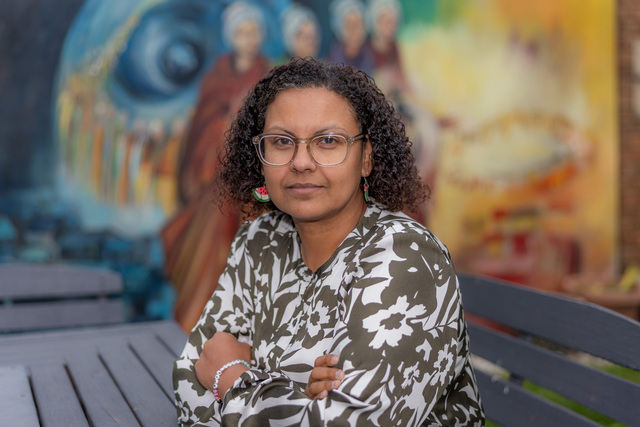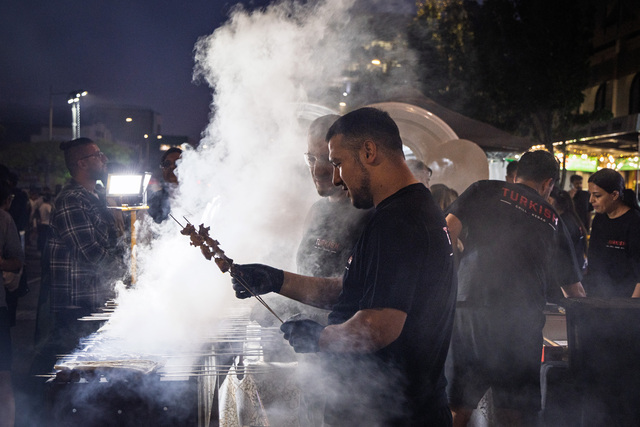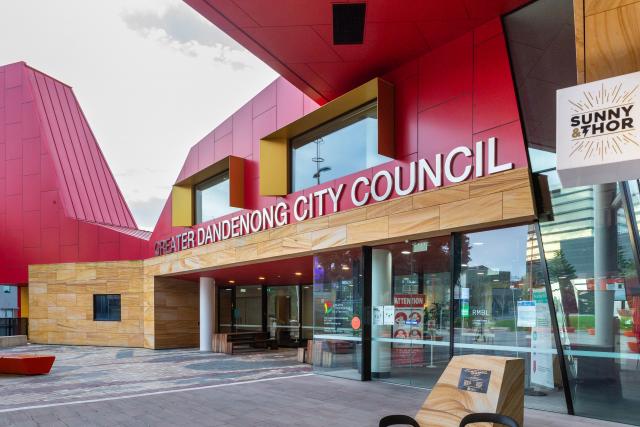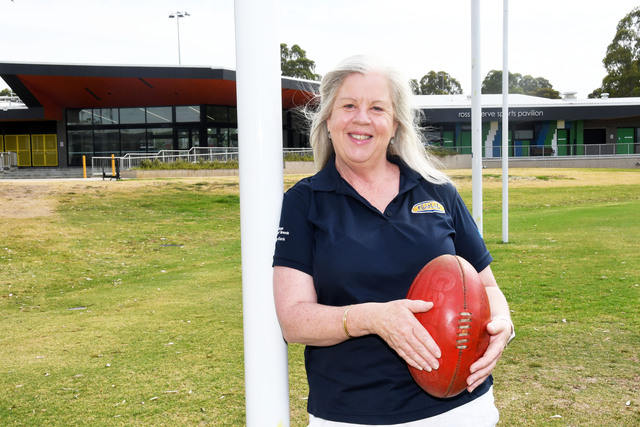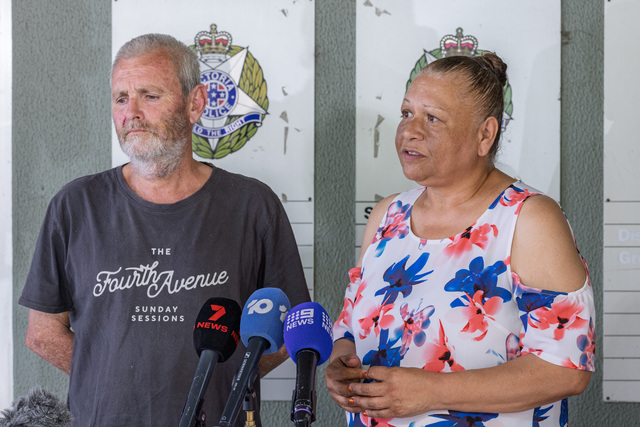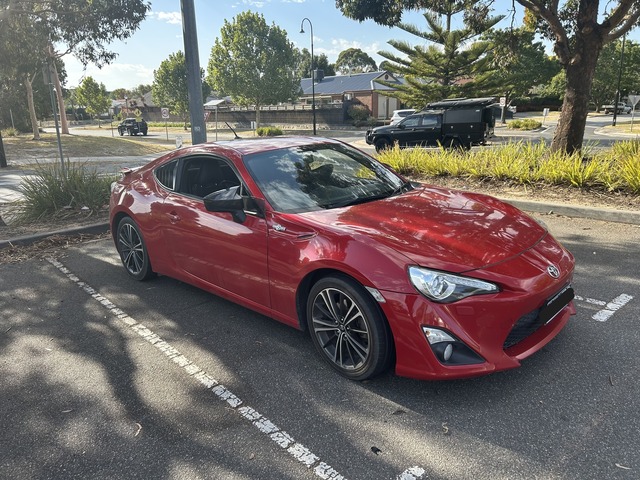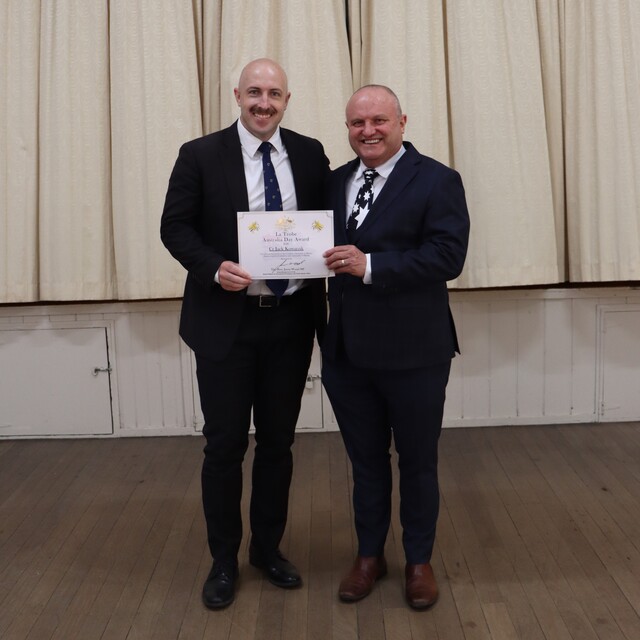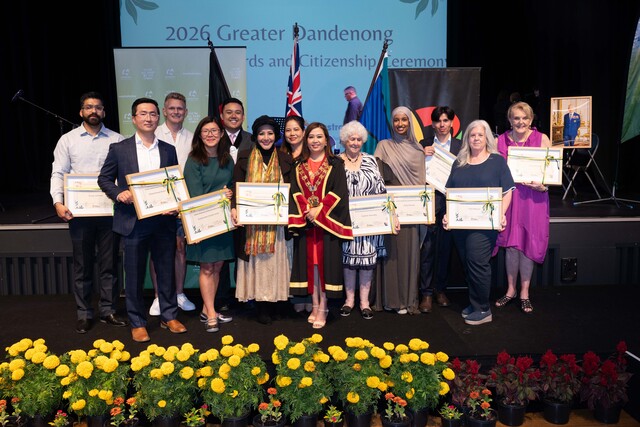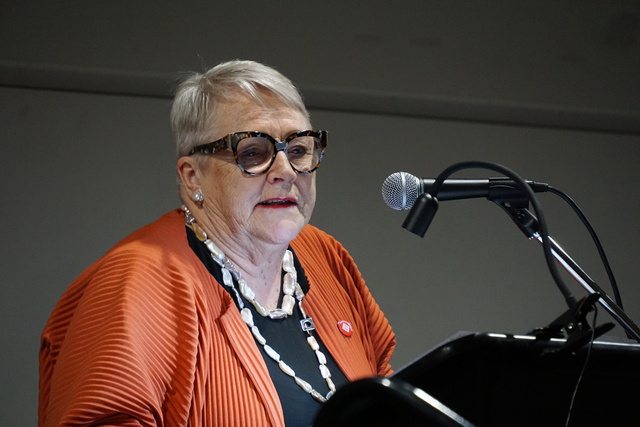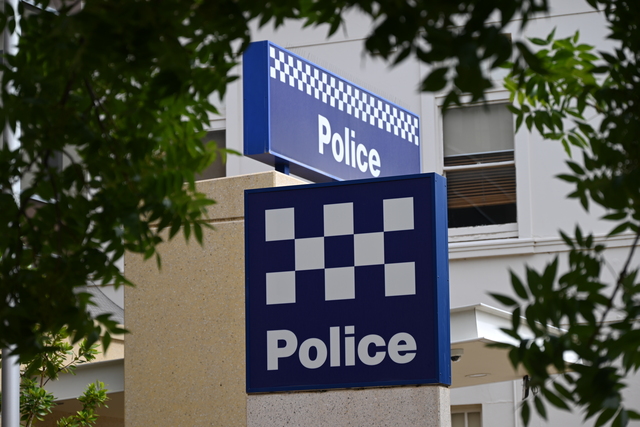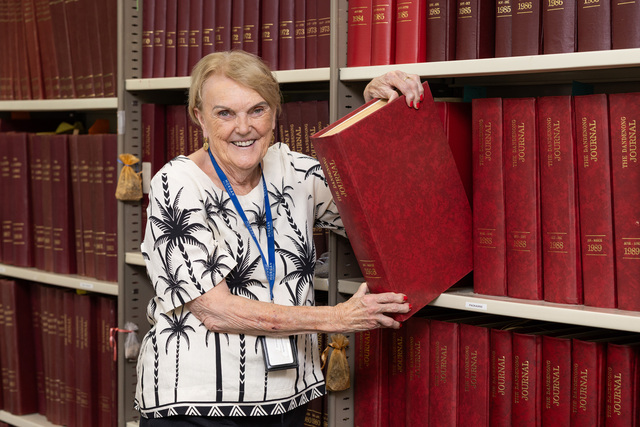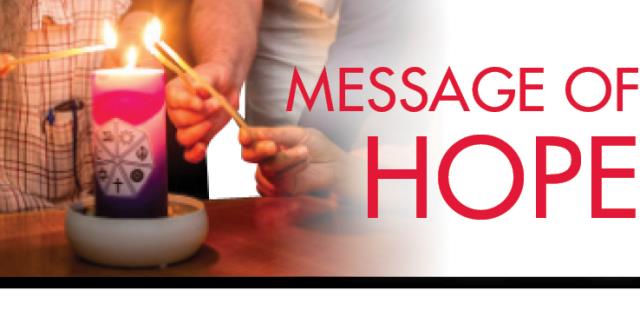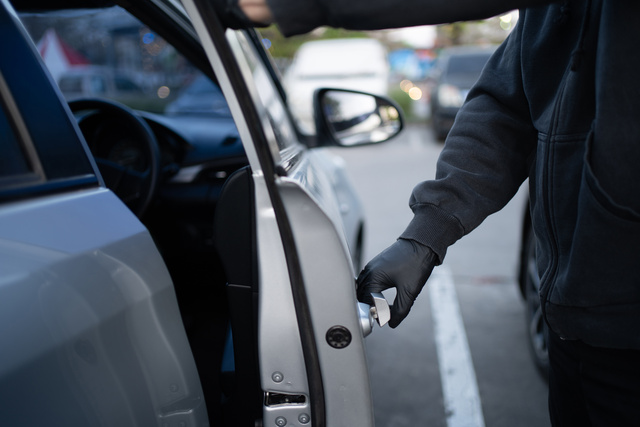A united South East Anti-Racism Support Network is empowering victims to take control in the face of racism.
A group of multicultural community support services in the region have been tasked to provide safe spaces to document racist incidents and to give emotional support to victims.
Wellsprings for Women, Centre for Multicultural Youth, South East Community Links and Southern Migrant Refugee Centre are the first points of contact to those who have experienced racism, empowering victims who would often be lost, intimidated and scared.
Victims are mainly women of colour and Muslim women who are easily identifiable “for predators to prey on them”. with public spaces and public transports as the main environment of target.
Such as a mother refusing for her child to be looked after by a black woman.
Or a black student having to deal with a racist teacher, or a woman pulling onto the hijab of another woman with a three-year-old and a baby in the pram. She was verbally abused and threatened to be attacked by the other woman and her male partner.
She was on her way to attend a class at Wellsprings for Women. She didn’t attend for a week until the organisation reached out and offered to drive her and provided emotional support.
Another job applicant was bluntly told she would not get the job because she’s from Iran.
All these can be filed onto the online portal accessible to the three recognised support networks in South East, Whittlesea and Wyndham.
Wellsprings community coordinator Samar Geid says a lot of the victims want to be heard, believed and be given emotional support.
“The victims have been happy that someone has listened to them.
“Even those who chose to go to the police, their claims are rejected because they’re understaffed or overwhelmed with more important crimes.
“That’s why we’re trying to involve the police as verbal abuse is still a crime, but legally speaking racism is not a crime.
“Police only interfere if there’s a physical assault.”
Ms Geid says works are underway to meet with local police officers so the organisation can be the referral for any racist incidents reported to police.
Another aspect of their much-needed work is to document cases of racism in a culturally, emotionally safe and supportive environment to develop local evidence on racism.
It can determine the next course of action, provide referral advice and even contact the police if some incidents are of criminal nature, all with the permission of the victims and supporting them throughout the entire process.
Ms Geid says many are reluctant report their experience even with the organisation for different reasons.
Speaking of one incident, the victim was “stuck in a dilemma being appreciative of what Australia has given her”.
“They feel they have to be grateful since there is no war here, that they have no right to talk about any negative experience whether it be racism or any sort of discrimination.
“They are often told that you should be grateful you’re here. That’s why they don’t end up reporting, and they feel they don’t have the right to do that.”
The dilemma can be relatable to the wider diverse community of the South East particularly in Greater Dandenong.
Formed in October last year, the pilot project is funded for one year through Victoria’s Department of Premier and Cabinet.
Wellsprings for Women, chief executive officer Dalal Smiley says with the funding to cease by November this year, it’s not just about recording incidents and keeping count.
“It’s not just documenting but being able to give them some support, build their capacity to understand it’s unacceptable and what options they have.
“We’re not going to change much overnight but at least it’s building momentum and it’s community led. It will build evidence as to what’s going on in the community, what can be done in the future, what we can do to prevent incidents.”
Prior to the network, there was no known localised support service that could tackle such incidents, leaving majority of victims with loss of confidence, change their way of life to avoid racist interactions, social anxiety as well as an impact on their mental health.
The pilot program is in direct response to the report, ‘Towards Improved Anti-Racism Support,’ launched in 2023 by Dr Mario Peuker and Tom Clarke from Victoria University in partnership with City of Greater Dandenong and Casey.
The network is supported under the supervision of Victoria University’s principal research fellow Dr Peuker who has helped to lay the foundations of the program.
“The hope is that this can be sustained but we also know we can’t expect organisations to run a new service that’s not funded,” Ms Smiley said.
“It would be ideal to have institutional funding.”
The network have been liaising with other organisations such as AMES settlement services to raise awareness, gain community trust, educate the wider community of its existence and purpose.
Once the program is more established, it’s hoped to receive greater uptake from the community to utilise the services.

